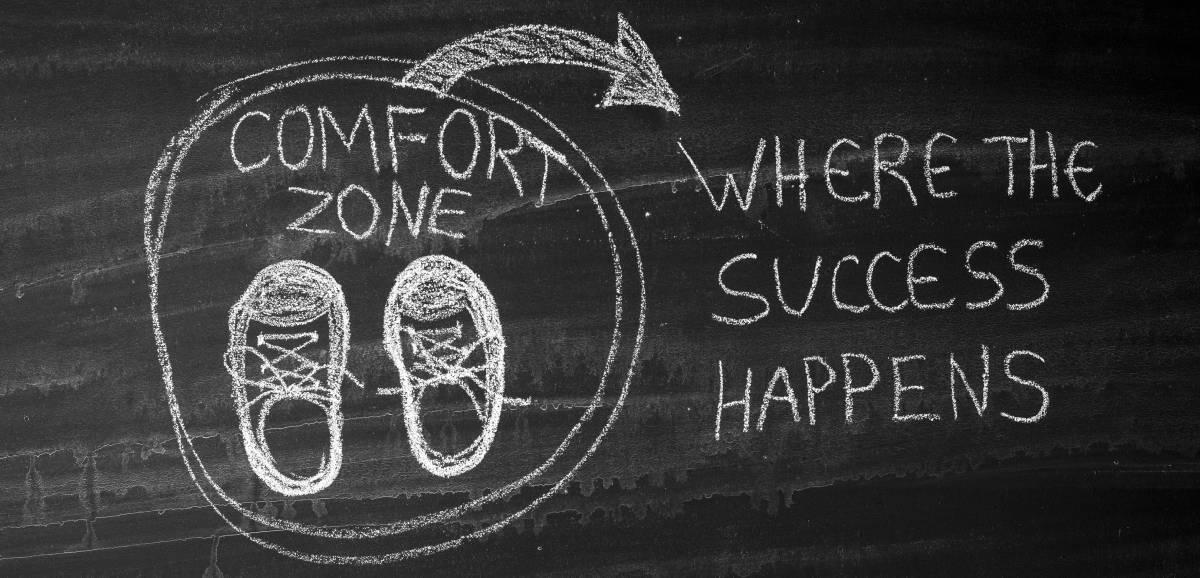Managers are the people that drive their team’s performance and make sure the organization’s work gets done. But with a trusted team in place, a manager also can function more like a coach: set strategy according to organizational goals, oversee planning and then hand the ball to the team.
Too often the role of coach is vague, and it can be viewed as simply remembering to recognize employees who have done a good job or learned some new skills. But those who have specifically developed coaching skills discover that taking the time to coach employees in their work makes them better managers. Coaching helps them to build better skilled individuals and more proactive teams who take greater ownership of their work and have greater commitment to organizational goals.
I have seen the evolution of manager/coaches at a number of clients. When we are hired to improve critical thinking skills—specifically problem solving in most organizations—we recommend that the organization also train coaches or facilitators to help others use their skills once training is complete. This add-on program can make a huge difference in the speed that new skills are integrated into the workplace. Sometimes the coaches or facilitators are employees with good leadership skills and sometimes they are the actual managers or even executives at the organization.
When managers now have specific coaching capabilities, they invariably gain a new perspective on the broader relevance of leadership skills.
While our coaching program is structured to help others use the problem-solving processes learned in our workshops, good coaching skills are good leadership skills and are invaluable in building better managers.
Coaching helps people become better managers by building better teams. Here’s how:
- A coach acts as a catalyst and makes it easier for employees to make their own way, both independently and while working together in a group. Rather than just overseeing the action, the coach focuses individuals and groups to use their skills, insights and expertise to accomplish goals and act successfully.
- A coach that provides clear guidance in what is needed at the moment, helps people focus and then move ahead effectively.
- By asking the right questions and challenging others to take a fresh look at the situation, the coach removes their blinders (“we always do it like this!) to see the situation in new ways.
- Managers control the involvement of the right people, but effective coaches help the team gain confidence in moving ahead as a team and to recognize their capabilities…and responsibilities.
- When tough situations arise, coaches provide oversight and structure. Individuals and teams, that have been coached to develop their own expertise and insights, are better equipped to step up and contribute when the pressure to succeed is growing.
As organizations become more complex, work across multiple geographies and operate within aggressive time frames, managing people has added challenges. Good coaching skills can substantially increase the efficiency and effectiveness of the people you manage, while building their support and commitment.
About Kepner-Tregoe
For over 60 years, Kepner-Tregoe has empowered thousands of companies to solve millions of problems. Kepner-Tregoe services are designed to permanently address organizational challenges with measurable results that improve quality and performance while reducing overall costs.



